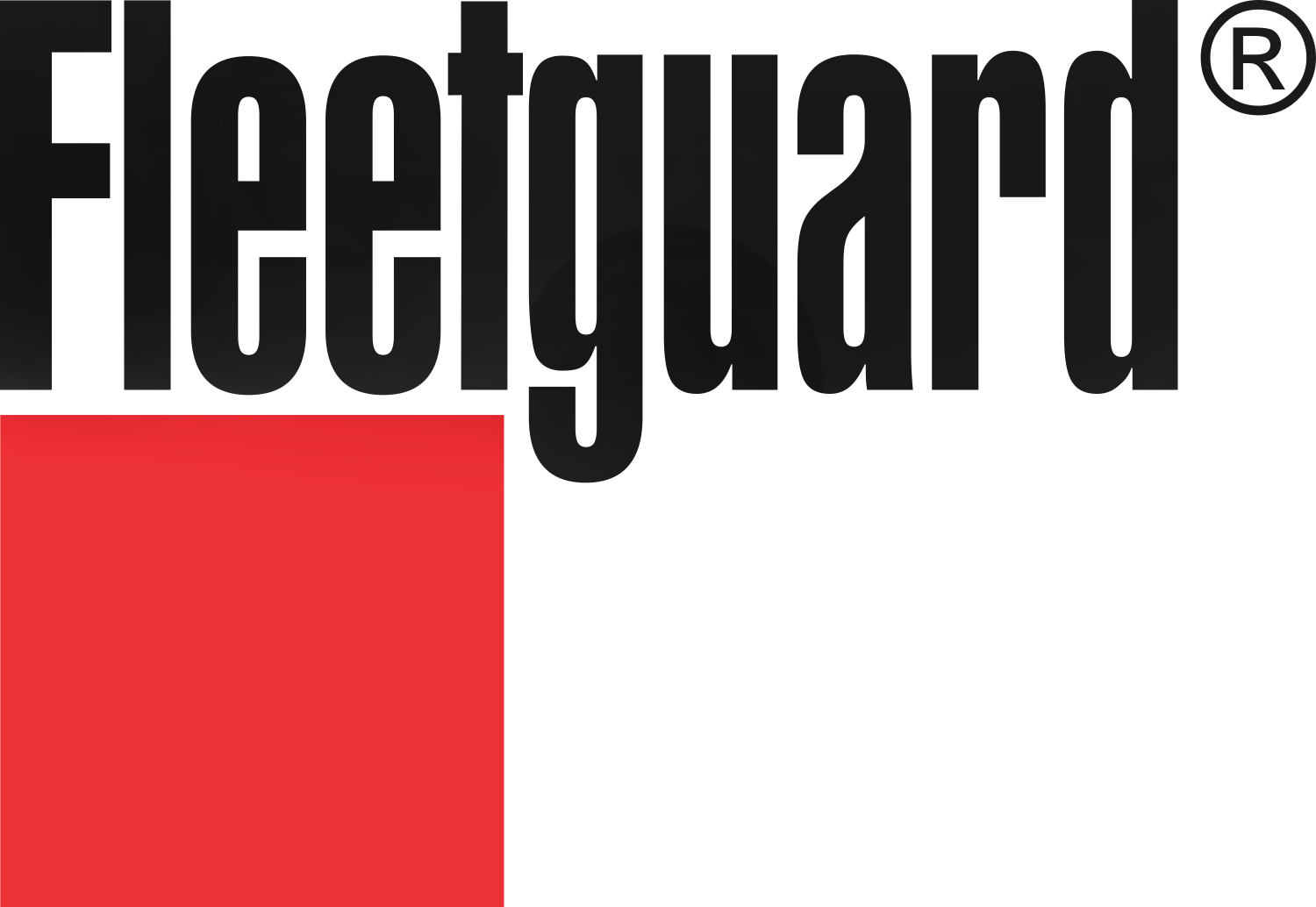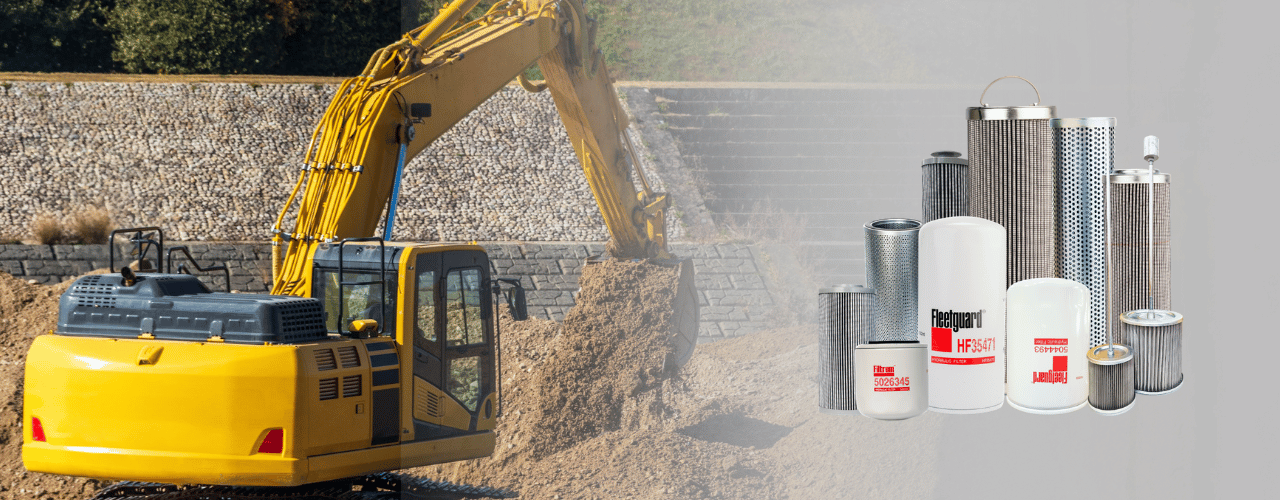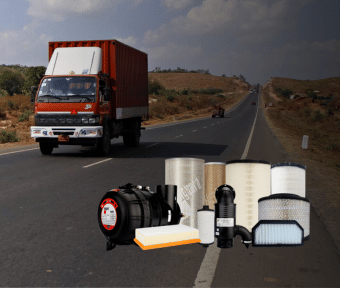Product | 27 Sep 2025
In fleet management, uptime is everything. Engines and hydraulic systems are pushed to their limits every day, moving heavy loads, operating in tough environments, and running long hours. While fuel and oil often get the most attention, there’s another silent protector working behind the scenes: Hydraulic Filters.
For fleet managers, understanding the critical role of hydraulic filtration can be the difference between consistent performance and costly breakdowns. This guide unpacks why these filters matter, how contamination threatens engine life, and how to choose and maintain
Understanding Hydraulic Filters’ Critical Role
Every hydraulic system relies on fluid to transfer power. But here’s the challenge: fluid also becomes the carrier of contaminants, dirt, metal particles, sludge, and even moisture, that sneak into the system through normal wear, seal leaks, or improper maintenance.
That’s where Hydraulic Filters step in. They capture and remove contaminants before they can damage pumps, valves, and cylinders. Without this line of defense, even the most advanced equipment risks premature failure.
Fleetguard’s range of hydraulic filtration solutions, covering pressure line, return line, suction filters, spin-ons, and air breathers, ensures hydraulic systems remain clean, efficient, and reliable across a wide spectrum of applications.
How Hydraulic Contamination Affects Engine Life and System Health
Studies suggest that most of the mechanical failures in hydraulic systems are directly linked to contamination. For fleet managers, this translates into downtime, repair costs, and lost productivity.
Here’s what happens when contaminants are left unchecked:
- Accelerated Wear: Microscopic particles scratch and erode internal surfaces, reducing the lifespan of pumps, injectors, and actuators.
- Heat Buildup: Contaminated fluid creates resistance, causing systems to overheat and reducing efficiency.
- Seal Damage: Dirt and debris tear seals, leading to leaks and reduced system pressure.
- Unexpected Failures: A single large contaminant can block valves or restrict flow, resulting in sudden breakdowns.
Ultimately, poor hydraulic filtration doesn’t just compromise the hydraulic system, it places additional strain on the engine, reducing its overall life.
Choosing the Right Hydraulic Filter for Your Fleet
Not all filters are the same. Choosing the wrong one can reduce efficiency or leave systems vulnerable to damage. Fleet managers must evaluate filters based on equipment type, operating environment, and performance requirements.
Fleetguard, a trusted name among Industrial Filters Manufacturers In India, and Automotive Filtration Manufacturers In India, provides solutions engineered to international quality standards.
Fleetguard Hydraulic Filters – Key Advantages:
- Wide Media Options: From cellulose for standard protection to advanced synthetic media for high-performance filtration.
- Versatility: Options for high, medium, and low-pressure systems across industries.
- Durability: Designed to withstand extreme operating conditions and high contamination loads.
- Comprehensive Range: Pressure line, return line, suction filters, spin-ons, and cleanable wire mesh options.
With Fleetguard, fleet managers don’t just get a filter, they get a tailored solution to match their operational needs.
Best Practices for Maintenance and Repair
Even the best Hydraulic Filters need proper care to perform at their peak. For fleet managers aiming to extend engine and system life, here are some best practices:
- Regular Inspections: Monitor filter condition during routine service intervals. Look for signs of clogging, bypass activation, or damage.
- Replace, Don’t Reuse: Cleaning and reinstalling old filters risks reintroducing contaminants into the system. Always replace with fresh units.
- Use OEM-Approved Products: Low-cost alternatives may not meet performance standards and could fail under pressure.
- Track Operating Hours: High-hour fleets or those operating in dusty or harsh environments may require more frequent filter changes.
- Check Fluid Quality: Pair filter maintenance with regular hydraulic fluid checks to ensure compatibility and cleanliness.
By following these steps, fleet managers can maximize uptime, extend service intervals, and protect expensive components from early wear.
Conclusion
Hydraulic Filters act as silent guardians, ensuring engines and equipment remain efficient, reliable, and productive. Ignoring their role is an invitation to premature failures and expensive repairs.
With a comprehensive range of hydraulic filtration products backed by decades of expertise, Fleetguard has positioned itself as the go-to partner for fleets across industries. As one of the top names in Automotive Filtration Manufacturers In India, Fleetguard continues to set benchmarks in performance, durability, and innovation.
The takeaway is simple: protect your hydraulic system, and you protect your engine. Visit Fleetguard Filtrum to explore our premium range of coolants and advanced filtration products.








